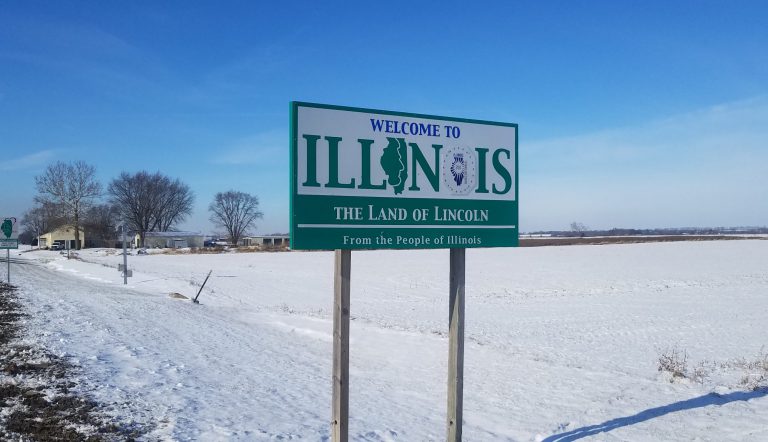Leaders of Illinois’ hospitality sector are asking the state to work with them on a plan to help them recover from 2020’s pandemic shutdown. Representatives of Illinois’ hotel, restaurant and convention industry testified Thursday at a hearing before the state Senate Tourism and Hospitality Committee, asking for relief from state coronavirus restrictions.
“We need to bring back hospitality jobs that were cut in half in 2020,” said Jayne DeLuce of the tourism marketing group Visit Champaign County, and board chair of the Illinois Association of Convention and Visitors Bureaus. “It’s the second largest industry, with 344,400 jobs pre-pandemic.”
Illinois Restaurant Association president Sam Toia told the committee that 20% of the state’s restaurants could close for good, due to restrictions imposed during the COVID-19 pandemic. He says restaurants are capable of serving their guests safely, but are suffering when gatherings are limited to 50 people or 50% of room capacity.
“We know that the public health and safety must continue to be the top priority,” said Toia. “Chairwoman (Sarah) Feigenholtz and I have talked this many times. However, we must consider all possible solutions to allow for larger gatherings and events that are so important to the welfare of our economy.”
Also testifying were Michael Jacobson, president and CEO of the Illinois Hotel and Lodging Association, David Whitaker of Choose Chicago, a tourism marketing organization, and Cara Bader from the Illinois Department of Commerce and Economic Opportunity, which includes the Illinois Office of Tourism.
The online hearing was the first for the new formed Senate Tourism and Hospitality Committee. The committee’s chair is state Senator Sarah Feigenholtz, whose district on the north side of Chicago includes such tourism destinations as Wrigley Field, the Lincoln Park Zoo and a segment of the Lake Michigan lakeshore. At the hearing, she said she believed that a plan could be devised to reopen Illinois’ tourism industry safely during the pandemic.
“The governor has just been incredible in making sure people were safe, even making very tough and unpopular decisions,” said Feigenholtz during the hearing. “But I think that many of us feel confident that we know enough about the science that we can move forward and turn that dial. And we’re committed to doing it, so that we can help save these independent businesses”.

